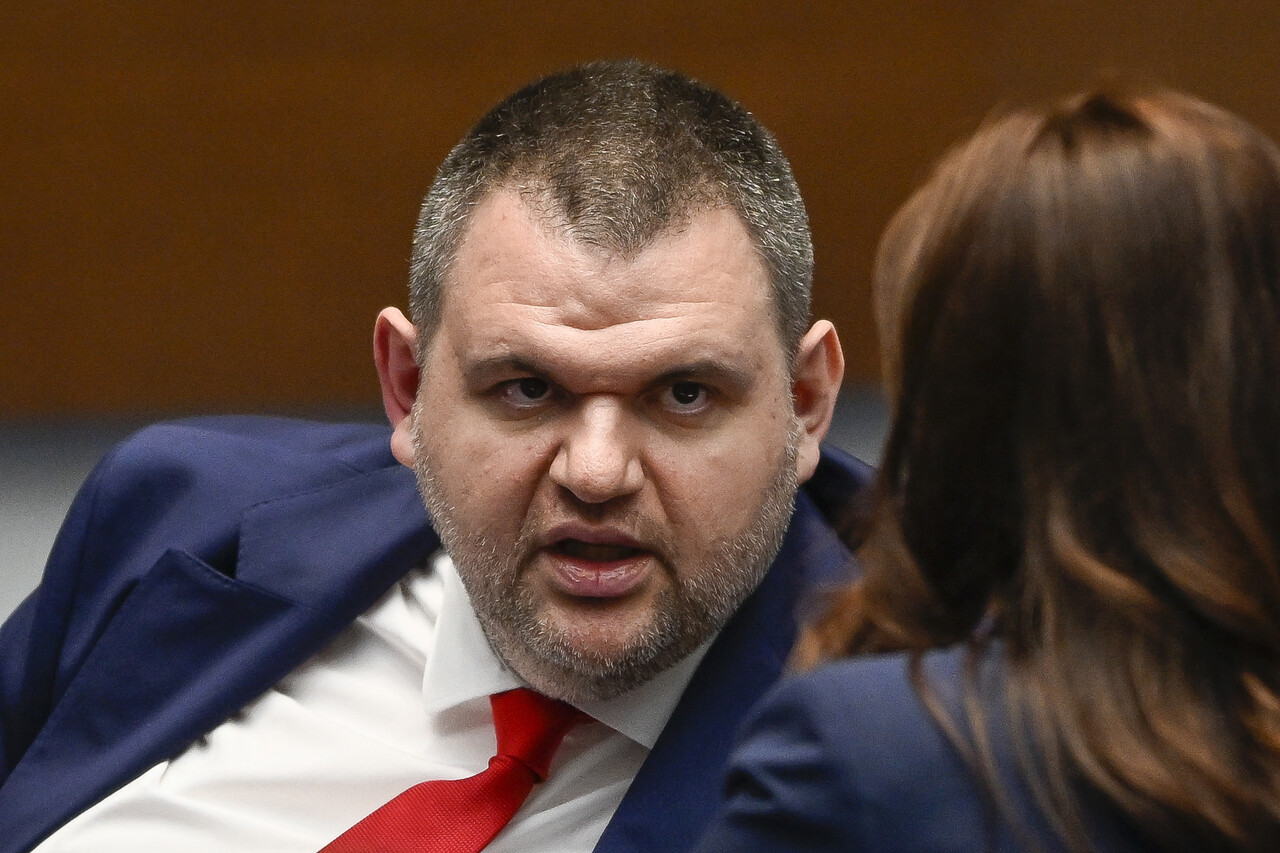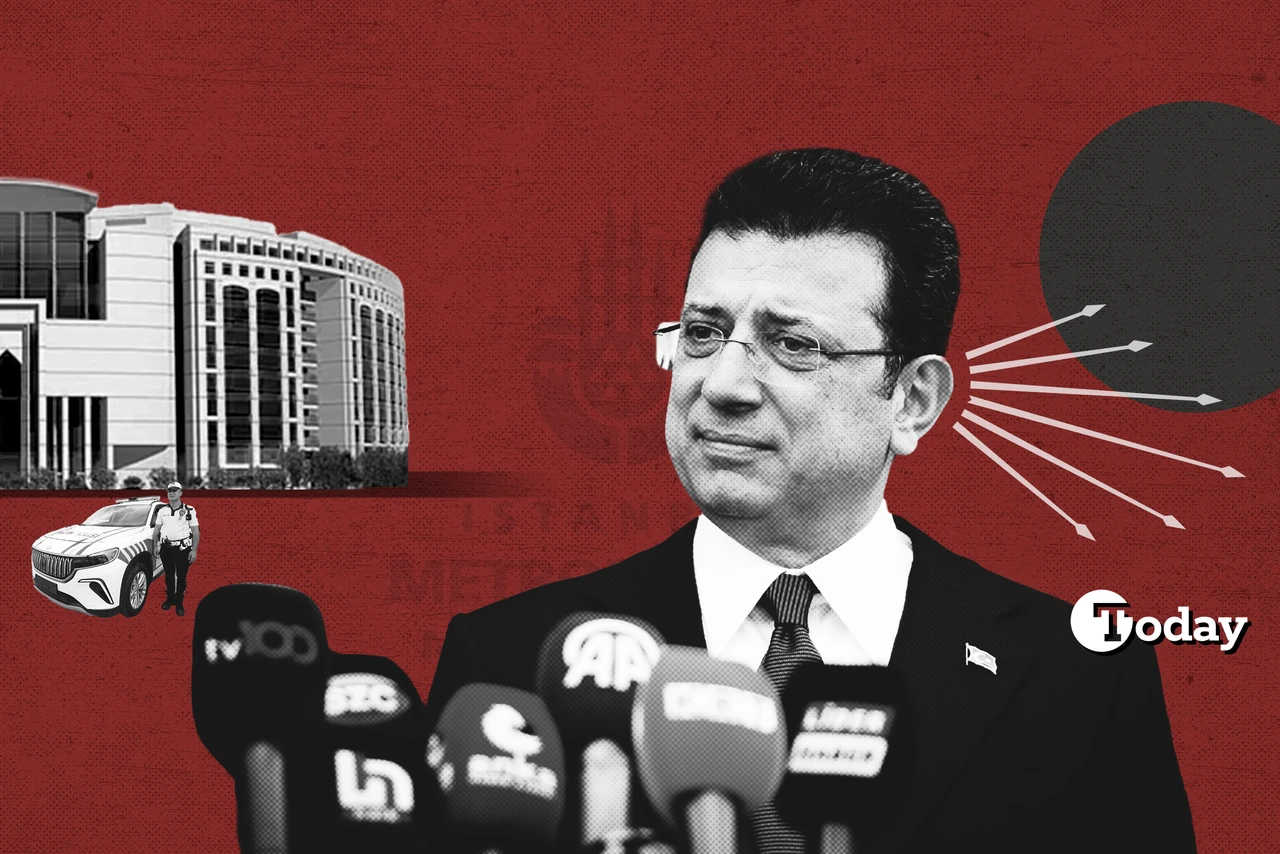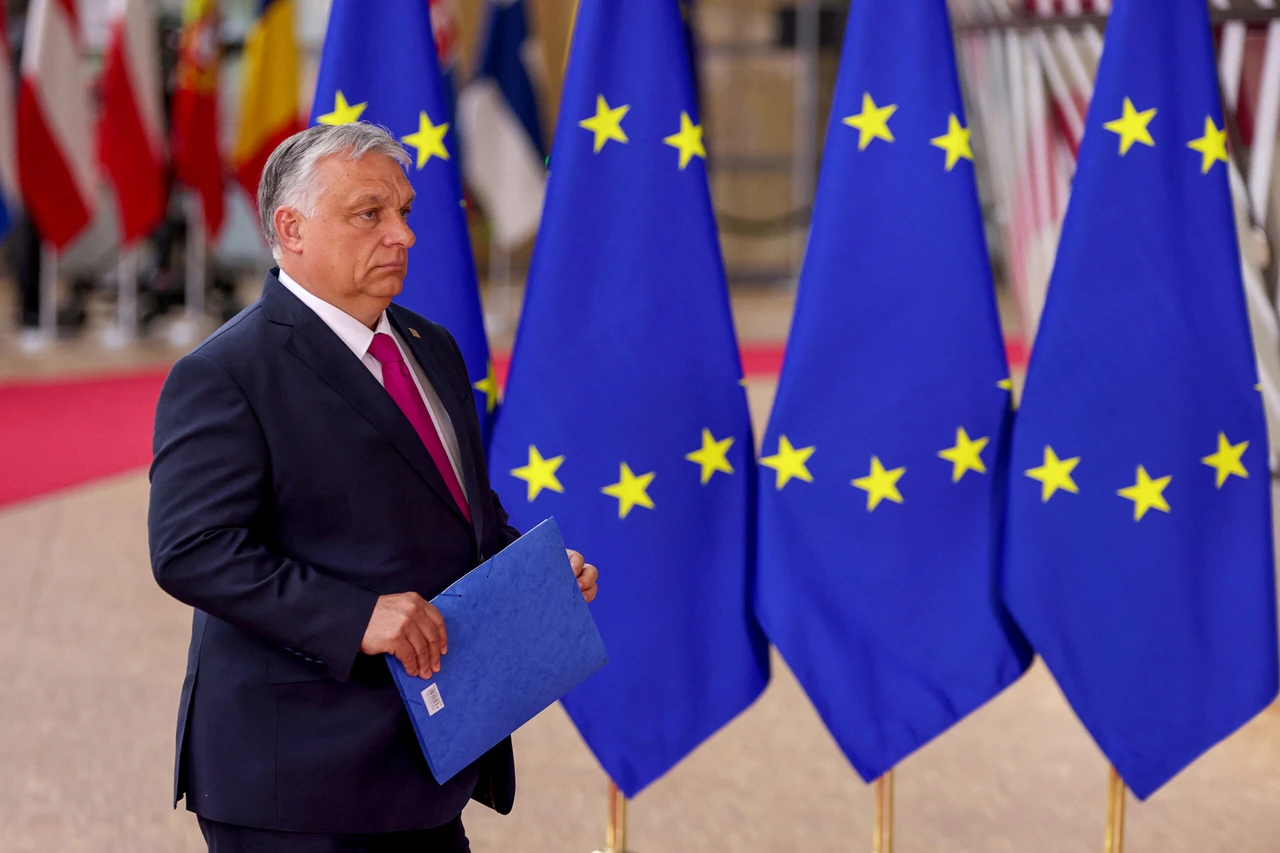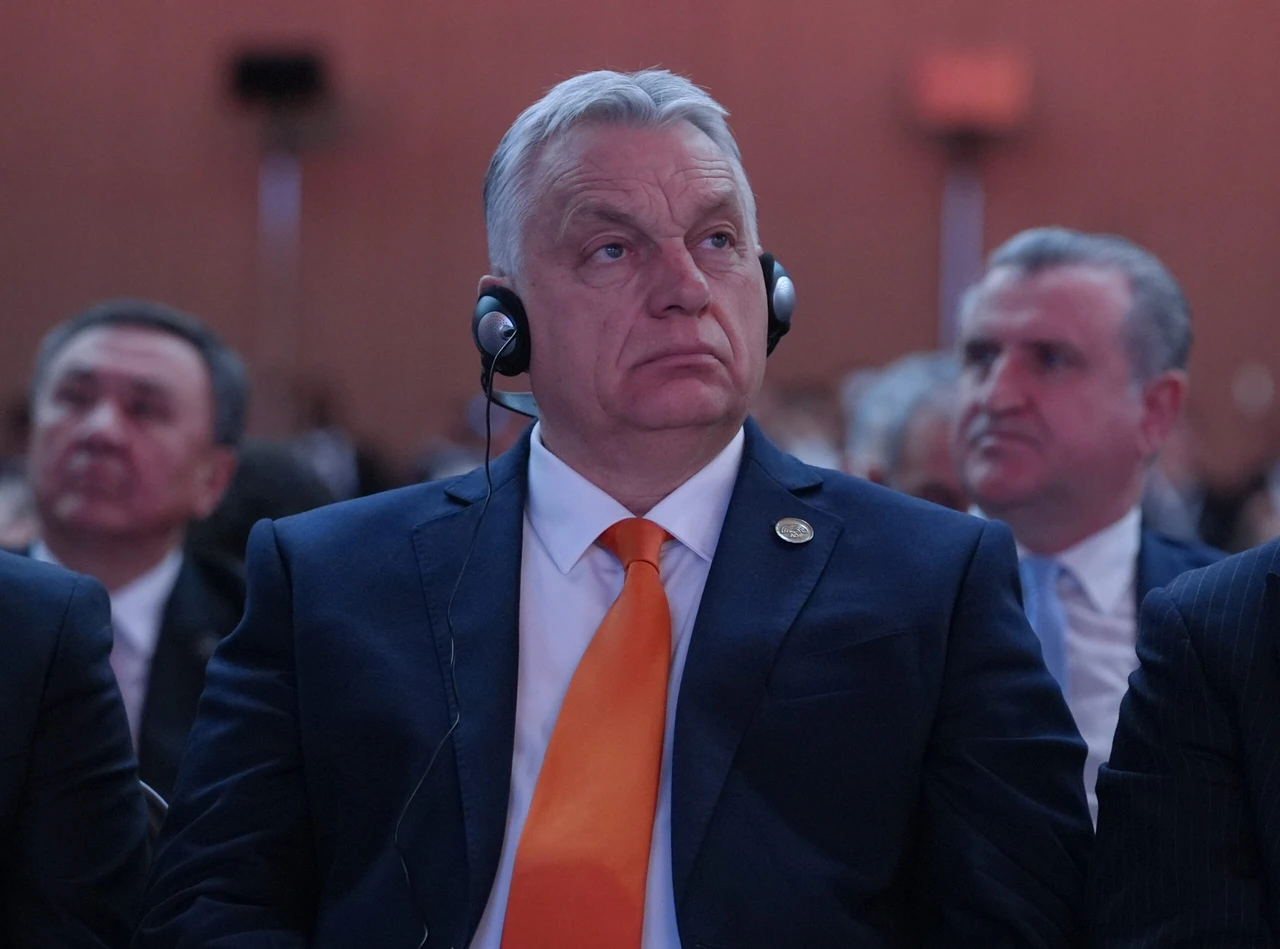Political deadlock in Bulgaria as conservatives fail to form government
 The Movement for Rights and Freedoms (MRF) party leader Delyan Peevski speaks to a member of the parliament during the debate to vote on a new cabinet at the Bulgarian parliament in Sofia, Bulgaria on July 3, 2024. (AFP Photo)
The Movement for Rights and Freedoms (MRF) party leader Delyan Peevski speaks to a member of the parliament during the debate to vote on a new cabinet at the Bulgarian parliament in Sofia, Bulgaria on July 3, 2024. (AFP Photo)
The conservative GERB party, led by Bulgaria’s former Prime Minister Boyko Borissov, failed to secure parliamentary support for a minority government on Wednesday, escalating the likelihood of another round of elections this fall.
Despite winning the most seats in last month’s election, GERB has struggled to find coalition partners, resulting in a political stalemate in the Balkan nation, which has ambitions to join the eurozone by 2026.
This potential new election would be the seventh in three years, following Borissov’s nearly decade-long tenure, which ended in 2021 amid widespread anti-corruption protests.
In the recent parliamentary vote, only 30 MPs from the Turkish minority MRF party supported Rossen Jeliazkov, a former head of parliament, as the new premier, alongside GERB’s 68 lawmakers. A total of 138 MPs opposed him.
President Rumen Radev must now turn to the second-largest party, the liberal MRF, to attempt to form a stable government in the 240-seat parliament.
However, the prospects for the MRF appear bleak. The party’s leader, Delyan Peevski, is currently under American and British sanctions for alleged corruption, and internal divisions within the party further diminish its chances of successfully forming a government.
Other parties also seem unlikely to forge a working coalition, deepening the political impasse.
Before the last snap election in June, GERB had partnered with the reformist PP-DB grouping in a pro-EU coalition supporting Ukraine amidst the Russian invasion. This fragile alliance dissolved after only nine months due to disagreements over judicial and other reforms.
Voter turnout in the June election, which coincided with the EU Parliament elections, was historically low at just 34 percent. Analysts predict that participation could drop even further in an autumn vote.
The political instability in Bulgaria threatens not only its domestic agenda but also its broader European aspirations, as the country grapples with internal divisions and external pressures.



